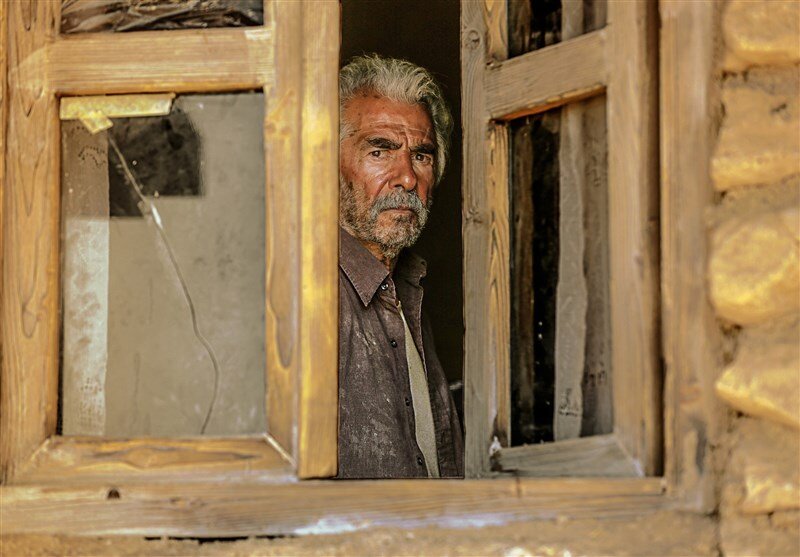Hatamikia’s “Exodus”, a political statement

TEHRAN – Prominent director Ebrahim Hatamikia’s latest movie “Exodus” is not only a film but also a political statement about President Hassan Rouhani’s government.
The film tells the story of Rahmat Bakhshi, a war veteran and his fellow hard-working cotton farmers that lose all their crops after their farms are inadvertently inundated with salt water from a local dam.
They file a complaint with the relevant officials, but they ignore the issue. Consequently, Rahmat decides to take their complaint to the president in the capital. All the other farmers accompany him on a long tractor trip towards the capital.
“Exodus” is a road movie reminding the audience of the classic western movies. Long shots of the cotton and corn farms and close-ups of the main character with his very believable, well-done makeup are eye-catching. The scenes created using computer graphic technology are also acceptable.
Everything seems fine, but the problem starts when Hatamikia, also the writer of the film script, tries to turn the film into a tribune to express his political views.
The story of some older people who set out on a trip to do something big is really entertaining and interesting, but when they start expressing political views, the plot gets twisted.
Some of the dialogue, which refers to political challenges the Iranian government is facing these days, does not seem to fit with the characters. As a result, it comes to mind that the film is pointing an accusing finger at the current Iranian government.
Although the film focuses on a courageous protest about people’s rights, its ending seems conservative.
Veteran actor Faramarz Qaribian portrays Rahmat gracefully, making the audience believe the character’s miserable life, which fuels his deep anger, is only visible in his eyes.
Pantea Panahiha’s portrayal of Mehrbanu, the elderly lady who accompanies the group of old men on their trip to the capital, quite cuts the mustard.
The film is produced by the Owj Arts and Media Organization, the Tehran-based institution that produces revolutionary works in art and cinema.
This is Hatamikia’s third collaboration with Owj, after the political dramas “The Bodyguard” in 2016 and “Damascus Time” in 2018.
Photo: Iranian actor Faramarz Qaribian acts in a scene of Ebrahim Hatamikia’s “Exodus”
ABU/MMS/YAW

Leave a Comment